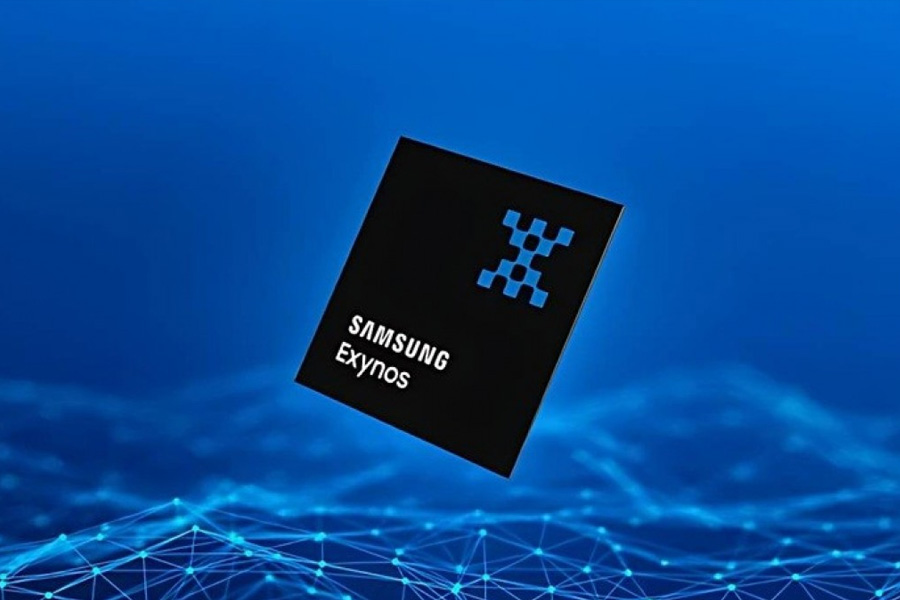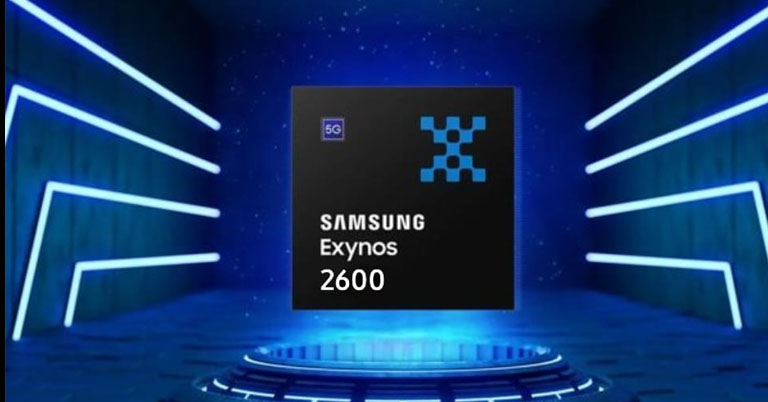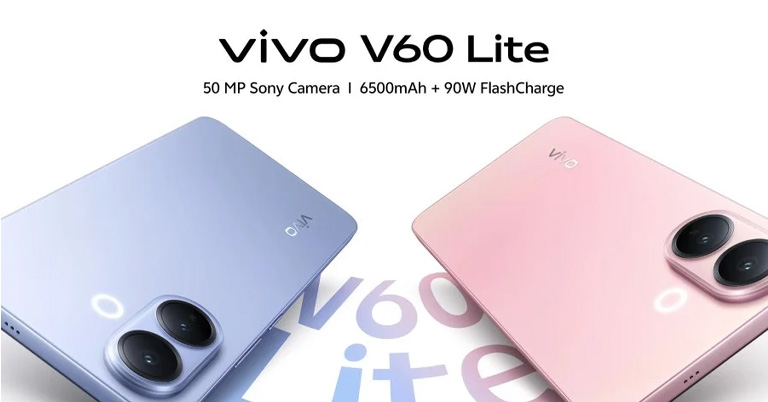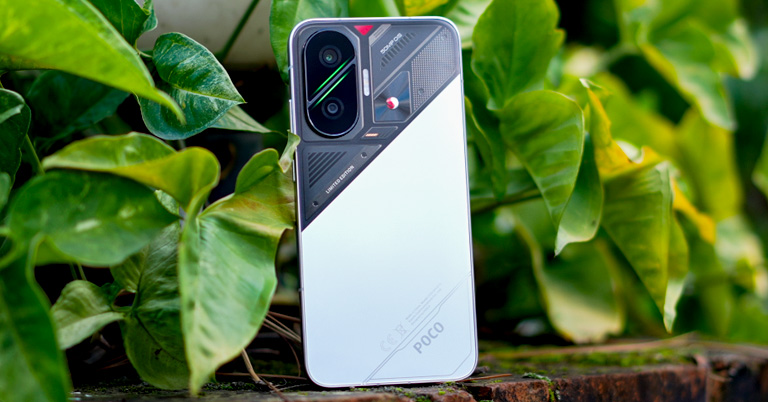Samsung has officially announced its flagship chipset, the Exynos 2600, which will power the Galaxy S26 and S26+ . The chip is built on Samsung's first-generation 2nm GAA process, but the improvements are very modest at best, and European buyers (and perhaps global buyers as well?) might once again end up with the weaker variant of Samsung's flagship phones. But there's also a lot of nuance to it. Now, let's dive into this article, where I will discuss everything about the Samsung Exynos 2600, including its specifications, performance expectations, and which devices it will be used in.
Samsung Exynos 2600 Overview

As said above, the Exynos 2600 is Samsung's flagship chipset for 2026 and will power the Galaxy S26 and S26+ in Europe. However, Samsung isn't using it for the Galaxy S26 Ultra, which will instead use Qualcomm's Snapdragon 8 Elite Gen 5 globally. But this decision was quite predictable. And it confirms that Samsung isn't confident enough to use Exynos at the very top tier. It's the same story as before.
2nm Manufacturing Process
Samsung is building the Exynos 2600 on its first-generation 2nm Gate-All-Around (GAA) process. But despite all that, it still only comes with very modest gains—around 5% performance improvement, 8% efficiency gains, and 5% chip size reduction compared to Samsung’s second-generation 3nm node.
Hence, it should also be clear that Samsung’s focus with 2nm GAA is not headline-grabbing performance jumps, but better transistor control, lower leakage, and more stable power, some of the plus here. As with previous nodes, the “2nm” label itself should not be taken literally, because it reflects nothing but generational progression rather than physical transistor dimensions.
CPU Architecture and Performance
The Exynos 2600 features a deca-core CPU based on Arm v9.3 architecture, consisting of one high-performance C1-Ultra core, three C1-Pro performance cores, and six efficiency-tuned middle cores. Notably, Samsung has moved away from traditional “little” cores altogether.
Samsung has also claimed there are meaningful gains in both computing performance and power consumption, which are largely driven by these architectural changes and support for newer instruction sets that improve on-device machine learning responsiveness. I think this doesn’t mean it will beat Qualcomm’s Oryon cores in raw benchmarks, but it does show that Samsung is trying to balance sustained performance and efficiency in a way that wasn’t really the focus before.
- Also, read
AI and On-Device Intelligence
There was some coverage early on that treated AI as a matter of ‘side note’ on the Exynos 2600, but this is no longer accurate. According to Samsung, AI is actually central to the Exynos 2600. It comes with an upgraded NPU that is designed to handle generative AI tasks faster while using less power and reducing latency. Samsung is clearly trying to make more complex AI features (like image editing and intelligent assistance) run right on the device without relying so heavily on the cloud. In my opinion, this is one of the areas where Exynos could finally differentiate itself beyond just raw CPU or GPU numbers.
GPU and Gaming Capabilities
The Exynos 2600 uses the Xclipse 960 GPU. It supposedly brings improved ray tracing support and AI-based upscaling via ENSS technology. And rather than chasing maximum frame rates, Samsung appears to be targeting smoother gameplay under constrained power budgets.
Those who have experience with the Exynos chipset, will understand that the thermals have long been one of Exynos’ but surprisingly there are some new introductions here. Samsung has introduced a new Heat Path Block thermal solution, which is designed to improve heat dissipation efficiency.
Camera and Multimedia
The camera and multimedia capabilities also appears more ambitious on this front than i had expected. The chip supports camera sensors up to 320MP, along with advanced video noise reduction and 8K video playback.
Others
Current yield rates for the Exynos 2600 are reportedly around 60%, which Samsung considers good enough for mass production. Samsung has secured about 25% of Galaxy S26 series chip orders, while Qualcomm covers the rest, mainly for the Ultra model.
To be fair, beyond smartphones, Samsung’s early 2nm capability is also underscored by its reported $16.5 billion deal with Tesla for AI6 chips. That’s a big vote of confidence in their GAA process, even if consumer phones still see a two-tier system depending on region
Samsung Exynos 2600 Availability
The Exynos 2600 will debut in the Galaxy S26 and S26+ when these devices launch in 2026. European buyers should again expect Exynos variants, while the Galaxy S26 Ultra will rely on the Snapdragon 8 Elite Gen 5 globally.
Article Last updated: December 19, 2025














